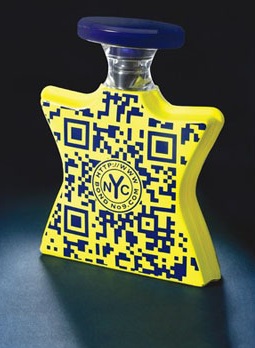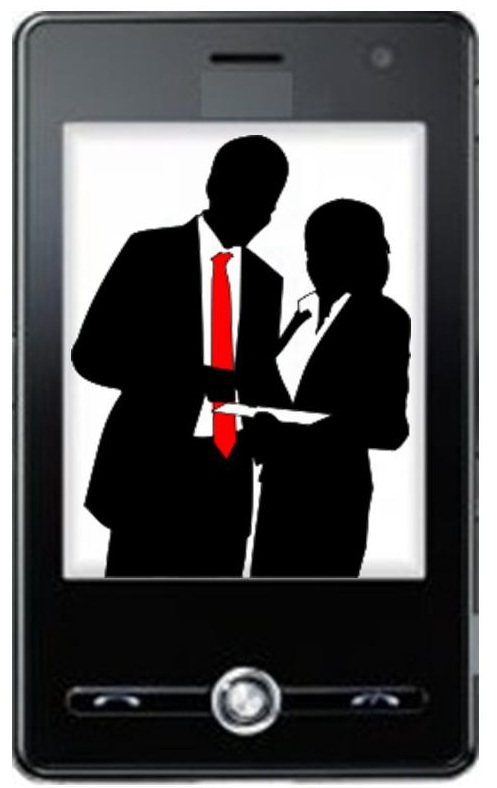 The new “digital fragrance” is being sold exclusively through barcode scans.
The new “digital fragrance” is being sold exclusively through barcode scans.
The marketers of the new Bond No. 9 fragrance have taken a mobile commerce tack to draw attention to itself in a marketplace that is flooded with products, by using QR codes in a unique way.
The perfume is being launched at the end of June and will be sold only online, through a page accessed by barcode.
The scent is being launched for $250 per bottle and has announced that it will not be making its fragrance available to brick and mortar retailers for the launch. Its sales will occur online through a website that can be accessed by way of scanned QR codes. This is a direct nod to the popularity of smartphones and tablets and the growing number of people who are using mobile commerce.
The QR codes will be available in a number of different locations for consumers to scan.
The question is whether or not consumers will actually be on board with the idea of using QR codes to purchase a product that they have not been able to try out for themselves. As a highly personal product, many consumers prefer to try fragrances before they buy and will typically only shop online when they have already used a product and know that they like it.
That said, Laurice Rahme, the owner and founder of the Bond No.9 brand, feels that there is enough motivation to generate a tremendous success. Rahme said that “The fragrance business is always doing the same thing and the same thing and the same thing. We wanted to really capture what is going on in the world. Everybody is online. Everybody is mobile. So we have to do a fragrance for that world. It’s a different world.”
Rahme explained that what she loves about the QR codes on the packaging is that the industry is always discussing the challenges of training and retraining sales people, but this technique allows the bottle to communicate directly with the consumer. She believes that this takes the product beyond department store distribution.
The QR codes definitely generate a unique mobile commerce fragrance experience, but it has yet to be seen whether this “universal” unisex fragrance will take off at that price and over this channel.

 A recent study has shown that affluent consumers use their smartphones to make purchasing decisions.
A recent study has shown that affluent consumers use their smartphones to make purchasing decisions.